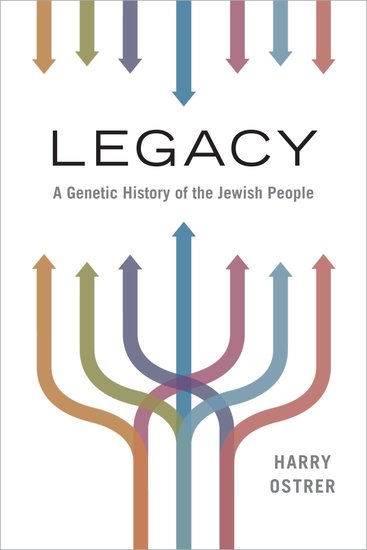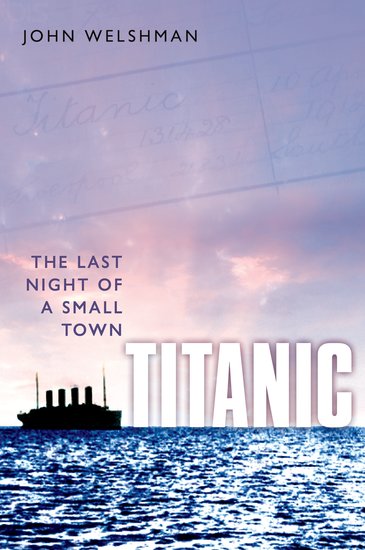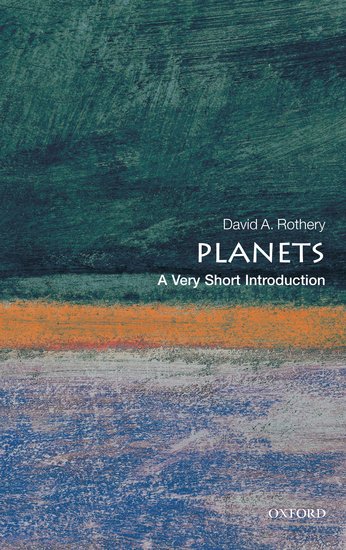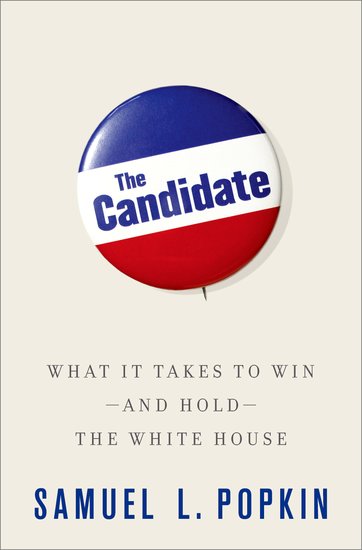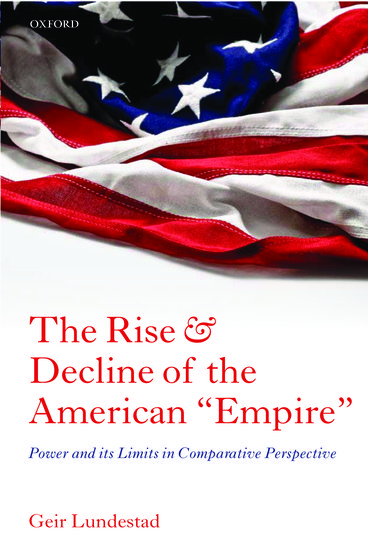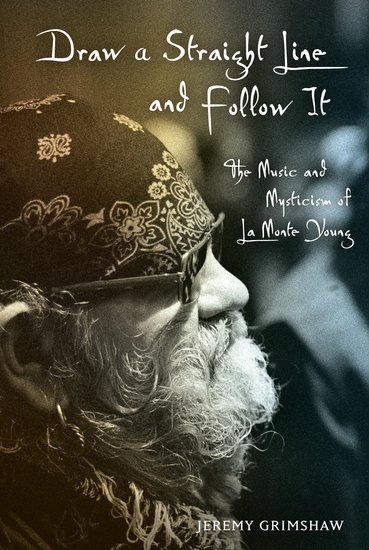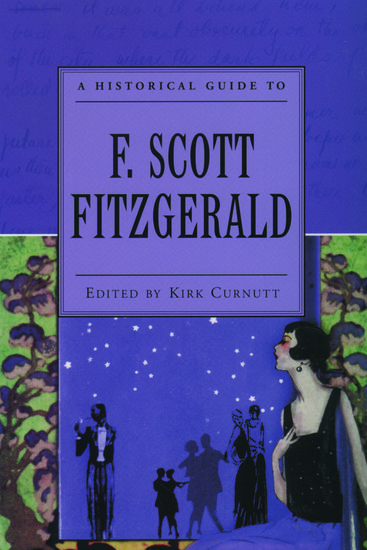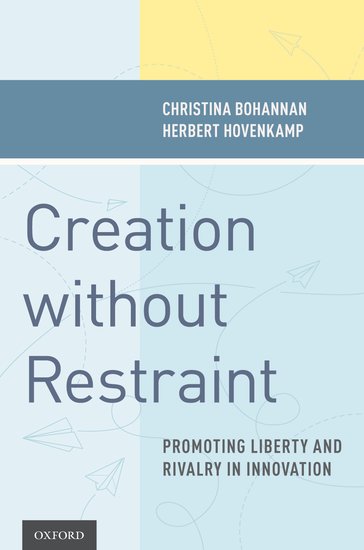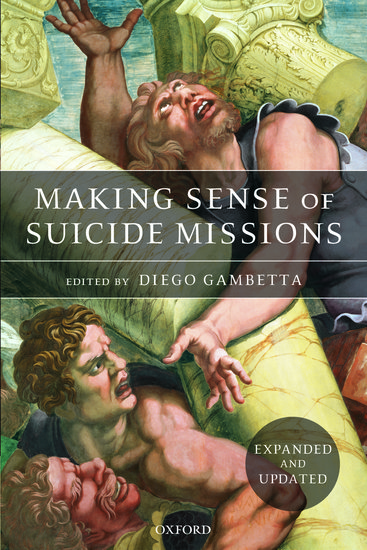Let us now praise human population genetics
By Harry Ostrer
Exactly who are we anyway? Over the last generation, population genetics has emerged as a science that has made the discovery of human origins, relatedness, and diversity knowable in a way that is simple not possible from studying texts, genealogies, or archeological remains. Viewed as the successor to a race science that promoted the superiority of some human groups over others and that provided a basis for prejudice, forced sterilization, and even extermination, population genetics is framed as a discipline that is based on discovery using the amazing content of fully sequenced human genomes and novel computational methods. None of the recent discoveries would have been possible in the past. And what have we learned?

